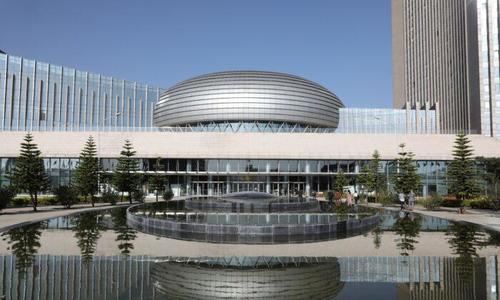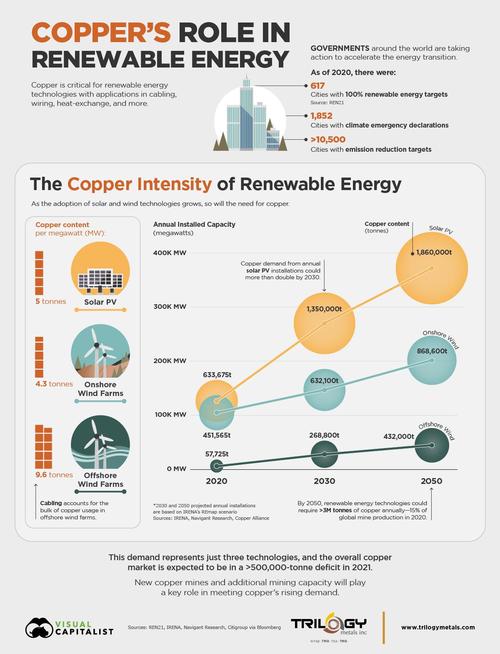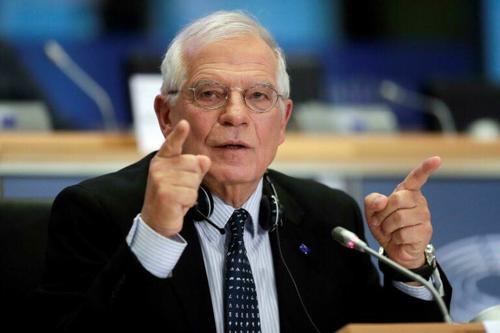
Home prices keep climbing. It’s another reason to let people build housing.
But corrupt politicians sometimes prevent that.
The little town of Edgewater, New Jersey, sits right across the Hudson River from Manhattan. A developer, Maxal Group, bought a dumpsite there and proposed building more than a thousand new waterfront apartments.
The town said no.
Why? The development would generate $12 million a year in taxes for Edgewater. To please the politicians, Maxal even offered to build parks and a school at no cost.
But Edgewater Mayor Michael McPartland and his town council rejected the parks, school, and extra tax revenue.
Instead, they spent tax money on lawyers to try to seize the property using eminent domain law. They claimed they wanted to use site to park garbage trucks.
Why would they do this? So garbage could have a beautiful view of Manhattan’s skyline?
Reportedly, they did it because they wanted to please a competing developer, Fred Daibes, says Justin Walder, lawyer for the Maxal Group, in my new video.
A lawsuit he filed alleged “corrupt transactions” between Daibes and Edgewater politicians. Walder says the politicians received “undervalued rentals, loans for their business purposes through a bank that Mr. Daibes started.”
Daibes did once tell a reporter, “You can’t be in Edgewater and not be affiliated with me.”
McPartland even lived in a building owned by Daibes and paid below-market rent, said Walder.
McPartland later denied that. The mayor and city council say they denied the project because it was too big.
But “they just approved a larger project!” Walder told me.
That larger project, twice as tall as Maxal’s, was controlled by developer Daibes.
Daibes declined our requests for an interview.
Edgewater’s mayor and city council didn’t even respond to our requests.
So, I dropped in on one of their meetings.
“Are you on the take?” I asked. “Rejecting one building in favor of the one owned by the guy where you live?”
That led to awkward silence.
I continued. “Is it true that four of you are getting loans from Mr. Daibes’ bank, and is it true that you [McPartland] get a discounted apartment in Mr. Daibes’ building?”
More silence.
Then the town’s lawyer turned to the mayor and said, “As your legal counsel, I’m going to suggest and recommend that you don’t answer the question.”
The mayor didn’t. He ended the meeting.
That confrontation occurred several years ago.
After Stossel TV released video of that moment in Edgewater, McPartland issued a statement that said: “The complaint filed and the biased reporting are slanderous and defamatory to me and the other members of the council. I am somewhat constrained with what I can say, given this matter is in litigation. But I look forward to shining a light on these greedy and profit-only driven developers who are looking only to helicopter into Edgewater, overdevelop the site, and then leave with their profits.”
Two years later, he apparently changed his mind about “greedy and profit-only driven developers.” He approved a somewhat smaller version of Maxal’s plans. Maxal also agreed to transfer some land to the town for free.
In return, Maxal dropped its corruption lawsuit.
Daibes still faces unrelated conspiracy charges. But no Edgewater politician has been prosecuted for self-dealing.
The apartments that would have had views of the beautiful Manhattan skyline still haven’t been built. Maxal’s project is now held up by a new lawsuit.
It’s such a waste. There could have been waterfront apartments that more than a thousand people could enjoy.
But because a politically connected businessmen wants more for himself, and politicians have the power to demand that developers kiss their rings, Edgewater’s dump is still a dump.
DISTRIBUTED BY CREATORS.COM
from Latest – Reason.com https://ift.tt/3hQjTsZ
via IFTTT















